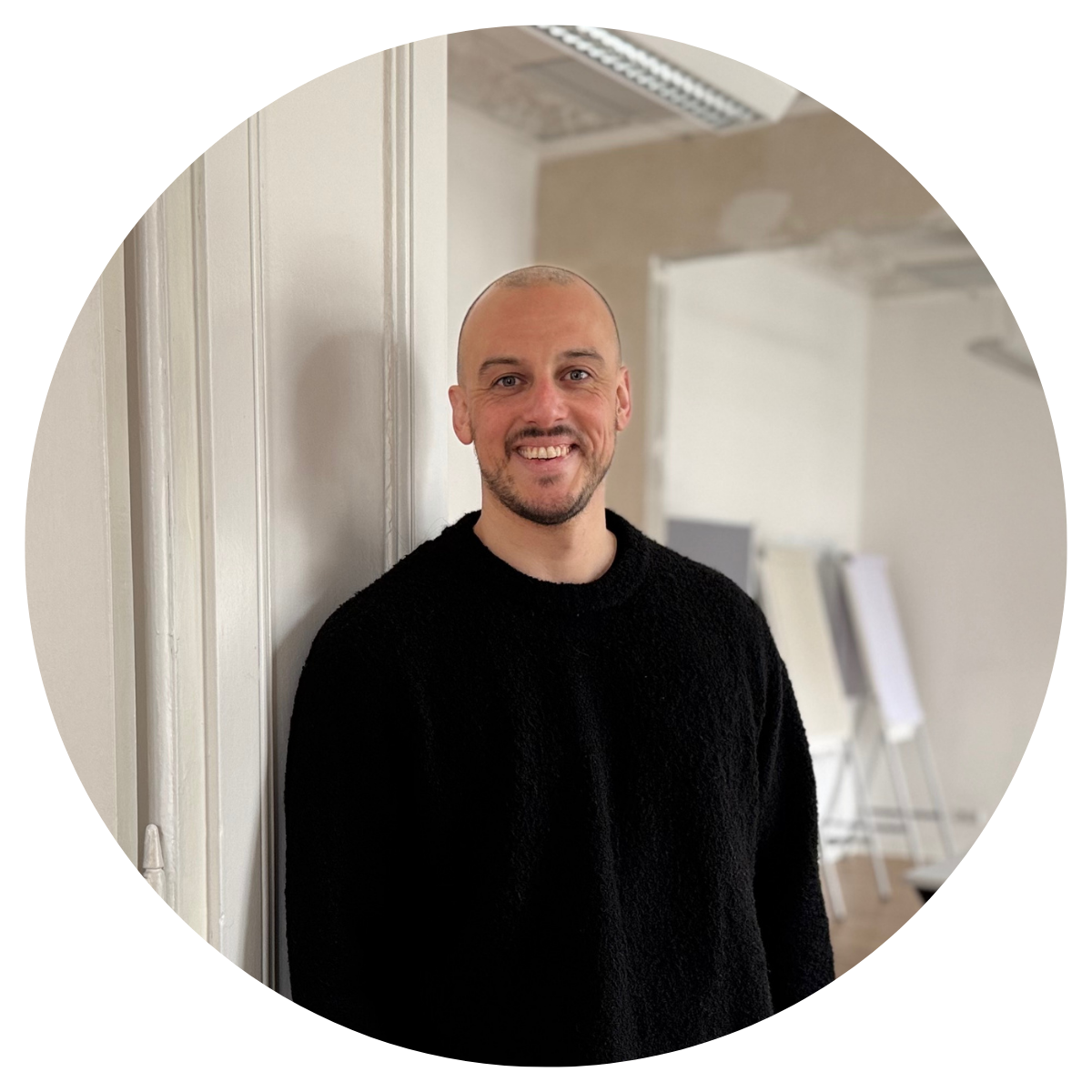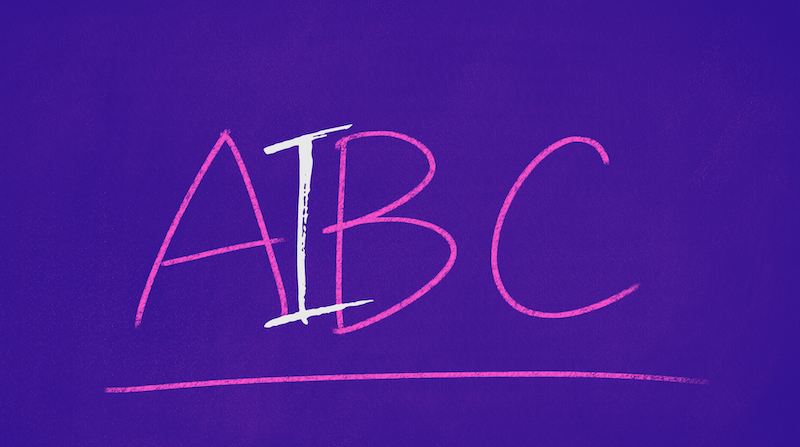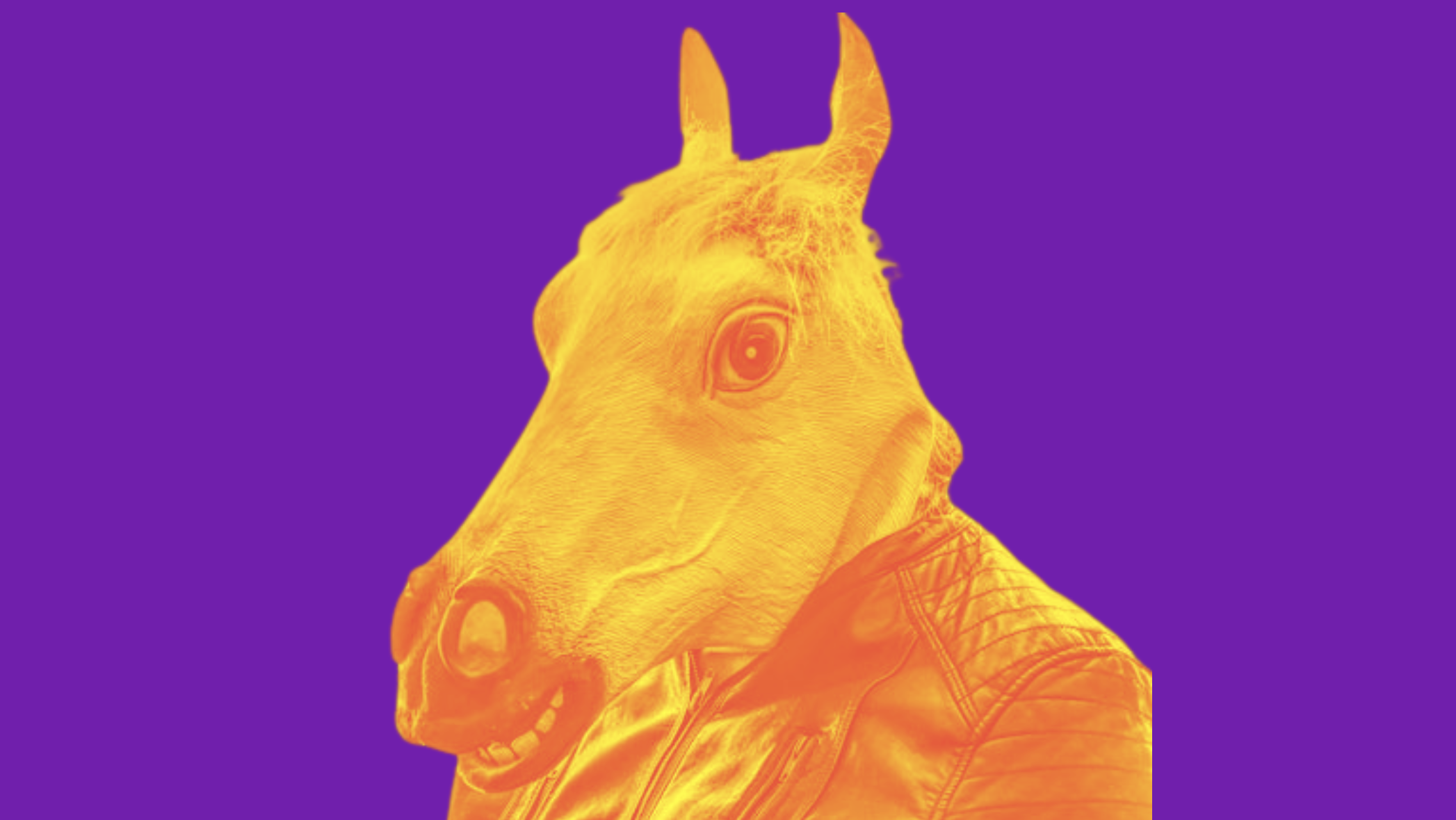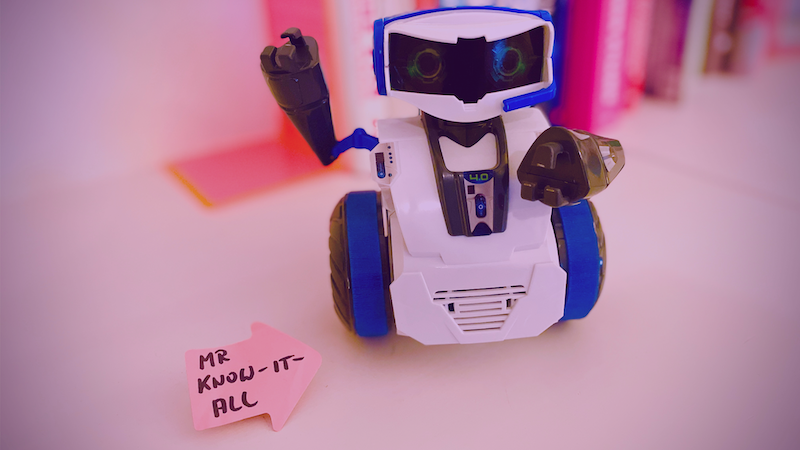Measuring the GenZ: Lost in translation is so 2003

“Too leisure-oriented? – We’re just hard-working in a different way.” was the headline of the brandeins magazine in September 2020, using many examples to draw a picture of a Generation Z that is changing the world of work practically “on the job”.
The new generation of employees is neither lazy nor inherently less well educated than previous generations. Even if they are repeatedly accused of being so. Rather, they were born into a world that is becoming more complex and confusing with each year. A world in which static knowledge is becoming less important. And they are constantly challenged to acquire new information and new skills for themselves. DIY in a continuous loop. Against this backdrop, GenZers take a skeptical view of what has long been considered normal and desirable: a job for life, for example, or climbing the traditional career ladder.
Left and right is the new up
Today, many young employees appreciate flat hierarchies and an open environment in which “upwards” is only one of many possible directions. Rather than being above others, it is much more important for them to be connected with their colleagues. To work on eye-level towards a common goal with the support of competent and empathetic leaders. And to develop individually in the process. These are the key factors for employee retention.
A study from the US came to the conclusion that employees who are promoted horizontally or professionally within the first three years in the company, for example (temporarily) taking on a new role with greater responsibility in another department or leading a new project, are 62% more likely to stay with the company. With a “vertical” career move, such as a promotion to a management level, the figure is only slightly higher (70%). Without the opportunity to try out other areas of responsibility outside of the routine, however, the probability of talent staying falls to less than 50%.
Young high potentials in particular are being headhunted and tend to be more willing to change jobs than older employees. What can a company offer to counter the growing “market of opportunities” from outside? – A diverse internal market of opportunities, for example, that allows employees to constantly realign their work, reinvent themselves, try things out, take on new roles, take on more responsibility – and all within the organization in which they are already active and rooted. This is not wishful thinking, but now a clear expectation of GenZ: according to Deloitte (2021), 70% of GenZ employees expect their employer to help them achieve their personal and professional goals.
The transparent generation?
In return, employees who want to develop further are the best thing that can happen to a company. It is important to find the “sweet zone” where the goals of the company and the many individual purposes and personalities of the employees overlap. The more precisely organizations design their Learning & Development programmes, the better it is for them. After all, employees who thrive in their new role are the key to companies being productive and innovative.
AI technology can provide valuable support in growing alongside each other. Especially with regard to employees of a generation that is used to using digital technologies and generating data about themselves. From mindfulness apps to fitness trackers, many young people naturally use data-based tools to better understand themselves. And navigate through a world that demands a lot from them. So it’s only logical that their employer should also use smart technology to help them find their place in the organization – and do so continuously.
AI-based personality diagnostics can help GenZ:
- identify their strengths and weaknesses to improve their career decisions and optimize their performance,
- find suitable (internal) projects and jobs and
- create personalized learning and development programs.
Strengthening strengths
Instead of working on deficits, companies should focus on the potential of their employees. Further development based on the principle of “strengthening strengths” is not only more rewarding. But also saves time and money and increases the chances of employees fulfilling their role well. The AI-based personality analysis can help to find out which basic character traits qualify employees for certain roles in the organization. And in which areas they can still work on themselves in order to be capable of performing a task in all its facets.
Personality first, skills second
Studies on requirements in job advertisements also show that the focus on personality and the associated strengths is becoming more important. According to the study, “frustration tolerance” was mentioned 71 percent more frequently in job advertisements in 2021 than in 2018. Empathy was requested 39 percent more frequently. At the same time, the need for existing language skills, among other things, fell by almost a quarter.
Personality first – this means that AI-based personality diagnostics are also gaining massively in importance. This is because it enables companies to reliably measure the key characteristics of (potential) employees.
The benefits of AI-based personality analysis:
👍 It is done indirectly with natural language analysis.
👍 It is fair.
👍 It is not biased.
👍 It is much more cost-effective than traditional assessments.
And it works particularly well for GenZ employees. That is because:
- GenZ is individualistic: they are looking for a work environment that takes their individual personalities, needs and strengths into account.
- GenZ is intrinsically motivated: they want to develop themselves and realize their potential.
- The GenZ is pragmatic: they use technology naturally to achieve their goals and are open to generating and using data about themselves.
And: they are hard-working. Just in a different way 😉
Prof. Dr. Florian Feltes
Prof. Dr. Florian Feltes is co-founder and co-CEO of zortify and a forerunner in AI-supported HR innovation. Together with his team, he develops intelligent personality diagnostics and helps companies identify the perfect candidates—without expensive assessments and without bias. His vision: a world in which every company can effortlessly form high-performance teams and create work environments that allow human potential to flourish.


AI literacy: These are the key skills for modern HR work

Employee diagnostics: What do you care about my personality?
